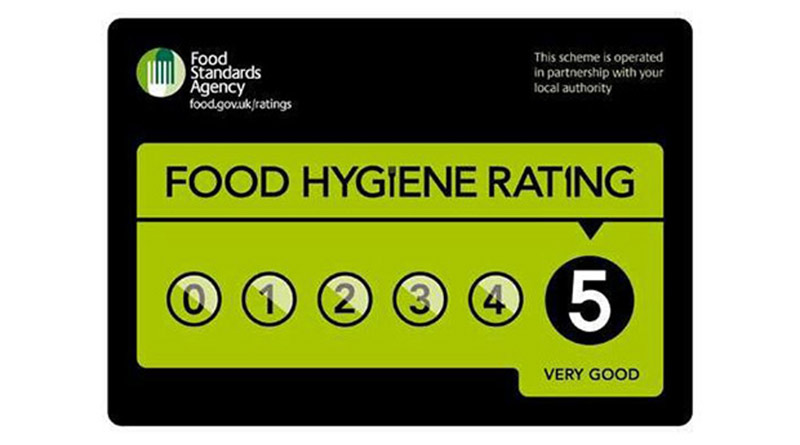CIEH Welcome Publication of Updated Food Law Code of Practice

The Chartered Institute of Environmental Health (CIEH) have welcomed the publication by the Food Standards Agency (FSA) of the updated Food Law Code of Practice. However, CIEH suggest that further changes are necessary to truly embrace a more risk-based and intelligence led approach.
The updates to the Food Law Code of Practice comes as a result of a 12-week consultation period whereby the FSA sought views from various stakeholders on the changes necessary to enable local authorities to deliver upon the approach of the new food standards delivery model. The changes to the Code of Practice are designed to enable local authorities to adopt a more risk-based approach to carrying out food standards official controls, ensuring that local authorities can allocate their resources to those food businesses posing the highest risk.
CIEH, in collaboration with the Food Advisory Panel, produced a member-led response to the proposed changes to the Code of Practice in both England and Northern Ireland. This response, while welcoming a more risk-based approach, also raised several concerns regarding the level of support being provided to local authorities, the proposed frequency of controls, required updates to management information systems etc. CIEH also feel that by truly embracing a risk-based, intelligence-led approach, this will further free up precious local authority resources.
The CIEH membership community does fantastic work in protecting the public, whether in local government delivering regulatory services, in-house specialists operating within responsible businesses ensuring the highest standards of compliance, or indeed those in the consulting sector working across industry, providing training, guidance, and third-party assurance.
Truly embracing a risk-based, intelligence led approach would enable greater levels of intelligence sharing and collaboration from across the disparate, interconnected areas of environmental health. CIEH also are of the view that while many of these changes enable local authorities to better allocate resources towards higher risk food businesses, this does not solve the continued problem of under-resourced local authority environmental health teams.
Dr Phil James, Chief Executive Officer at CIEH, said: “We welcome the publication of the updated Food Law Code of Practice but wonder whether it goes far enough in enabling the risk-based intelligence-led approach the FSA are looking for. We welcome the fact the proposed changes enable local authorities to allocate their resources to higher risk businesses but think that by fully utilising the capacity of the wider environmental health membership community this would serve to relieve much of the strain being felt by local authorities up and down the country.
Many of our members working outside of local government do some fantastic work protecting the public, whether that is through consulting with businesses, providing quality assurance and audits, providing food safety training, or indeed working in-house as food safety specialists. By enabling greater information exchange and intelligence sharing, these members can provide invaluable intelligence for local authorities, accurately assessing risk, which in turn can ensure local authorities have greater time to focus their resources on those businesses which pose the highest risk to public health.
We must also acknowledge the fact that many local authorities are feeling the strain of being both overworked and under-resourced. We once again make the call for a much-needed injection of greater funds to enable local authority regulatory teams to deliver the vital services necessary for protecting the public.”
